Crossroads 2.0: Alternative Foods; Alternative Economies
Students benefit from collaboration between CCS and UCSB Graduate Division with the Crossroads 2.0 program
By MacKenzie Wade ‘22 (Ph.D., Anthropology) and Mariah Miller ‘22 (Ph.D., Global Studies)
Crossroads 2.0—an interdisciplinary research-and-teaching experience for UC Santa Barbara doctoral students—is a collaboration between the College of Creative Studies (CCS) and the UCSB Graduate Division. The program expands multidisciplinary education at the College by recruiting a pair of graduate students from different disciplines to teach a CCS course focusing on social or environmental justice. In addition to CCS students, the course was available to students from across campus. The course is funded in part by The Transdisciplinary Fund at CCS and the UCSB Graduate Division.
The College of Creative Studies and the Graduate Division will continue their collaboration during the 2022-23 academic year.
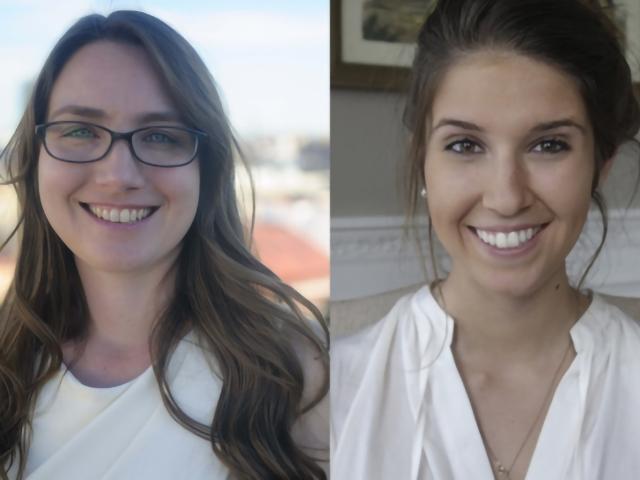
A university classroom offers the perfect space for students to learn how to engage in the kind of multi-disciplinary conversation and collaboration necessary for addressing complex problems. In Winter 2022, CCS students were joined by L&S majors from across departments, including social sciences, economics, environmental studies, and computer science, for the first Crossroads 2.0 course. Taught by MacKenzie Wade (Anthropology) and Mariah Miller (Global Studies), INT CS 130: Alternative Foods; Alternative Economies brought students together to learn about food system issues and imagine alternative solutions.
The dominant food system is wrought with inequity, unsustainable practices, and a lack of transparency. While everyone is impacted by processes of food production, distribution, consumption, and waste, the negative aspects of the food system affect people disproportionately. Interdisciplinary approaches are increasingly necessary to address these issues, but working across disciplinary boundaries is difficult. Research on food systems and social entrepreneurship pedagogy both highlight the importance of grounding student understanding in social justice and the course was approved as part of CCS’ DEI initiatives. We established learning goals to strengthen students’ ability to contextually frame socio-environmental food systems issues, understand the work and impact of social enterprises, gain practical skills for a career in social enterprise and non-profit sectors, and learn to communicate, collaborate, and apply skills as a member of an interdisciplinary team.
The students began the course with a variety of experiences and interests in addition to their disciplinary training. Some had worked in a restaurant or drive-through and had thrown away full plates or bags of food. Some students had experience gardening or composting; one had started a commune-style organic farm. Others were involved in courses or clubs on campus, or worked for the IV Compost Collective as a “dirt rider.” Many students, however, reported having no food system-related experience, but all brought an excitement to learn together.
In addition to lectures and readings on food systems and alternative economies, students learned from a faculty panel and guest speakers. During the faculty panel, professors and researchers from geography/economics, environmental studies, and marine studies discussed their research approaches and the value of interdisciplinary collaboration. The class then met with four guest speakers from the Isla Vista Food Co-op, the Organic Soup Kitchen, and the IV Compost Collective. These speakers helped provide students with successful local case studies of organizations working to address food system challenges in Santa Barbara. Students then met with two organizations addressing food justice, the Cooperative Food Empowerment Directive (CoFED), and Taos Pueblo Red Willow Center. Teia Evans, Finance and Operations Director of CoFED, discussed efforts to empower young people of color working toward cooperative food economies. Tiana Suazo, Director of Red Willow Center, spoke about her work to ensure the Taos Pueblo community has access to local food, agricultural resources, and education in line with Taos Pueblo cultural history and values.
In the final section of the course, the students worked in interdisciplinary groups to develop a social enterprise to address a food systems issue. They had informative consultancy meetings with Miles Gordon, a UCSB alum and Principal of Kitchen Table Consulting, and Emily Cotter, UCSB’s Eco-Entrepreneurship Program Director who helped address questions and lend new ideas for the student’s final projects. The result was five fantastic interdisciplinary projects informed by contextual histories and interviews, and pitched as fully formed social enterprises that would work toward food system change in our local community.
We closed the course with pitch presentations from each group followed by questions from fellow students. These questions proved to be the most enlightening component of the presentation day – students gave each other well-informed feedback, proposed new suggestions, and posed thought-provoking questions about project feasibility, potential impact and potential for harmful consequences. On this final day, the classroom was transformed into a productive space for thought, conversation, and creativity as we celebrated the success of the students’ final pitches.
An important student takeaway from the course was that social and environmental issues are interrelated and they impact people disproportionately. For this reason, we focused on how the students’ imagined organizations should be run, and how decisions should be made. Most groups proposed non-profit organizations. They included community representatives on their organization boards and were sensitive to access issues like making sure their services were accessible to people without internet access or kitchen appliances.
To improve food sustainability, access and equity, change cannot be made by one individual or isolated organization. It takes collective efforts, effective partnerships, legislative change, and leadership at each stage by representatives from communities whom projects aim to serve. We created a final project structure that encouraged students to consider how and by whom decisions would be made, and to think of ways they could create partnerships to further the reach and impact of their imagined organization.
According to a post-course survey, the students came away from the class feeling more equipped to communicate their disciplinary strengths, conduct professional interviews, work together in diverse groups, and think critically about what an organization can/should do to make change. Many students commented that the course exceeded their expectations and described the course as “interesting and thought provoking,” and “very informative and insightful.” One student commented, “after completing this course, I feel like I learned a lot about the impacts of food systems on communities and how modern food systems in America do not serve marginalized people.” Students reported learning “how to balance idealism with practicality,” “how to think critically about what an organization can offer,” and the “process of turning an idea into a business or non-profit.” The students also shared positive takeaways about working in interdisciplinary groups. “I like working with interdisciplinary groups and enjoy learning from people in different disciplines. I think it helps to assign people tasks that meet their strengths;” “We all brought different strengths and insights to the table.”
We are excited for students like those in Alternative Foods; Alternative Economies to make a positive impact in our communities and we are happy to have had the opportunity through the Crossroads 2.0 Program and The Transdisciplinary Fund at CCS to facilitate a space for students to explore issues and imagine effective and collaborative change.
Check out the imagined social enterprises and mission statements created by Alternative Foods; Alternative Economies students:
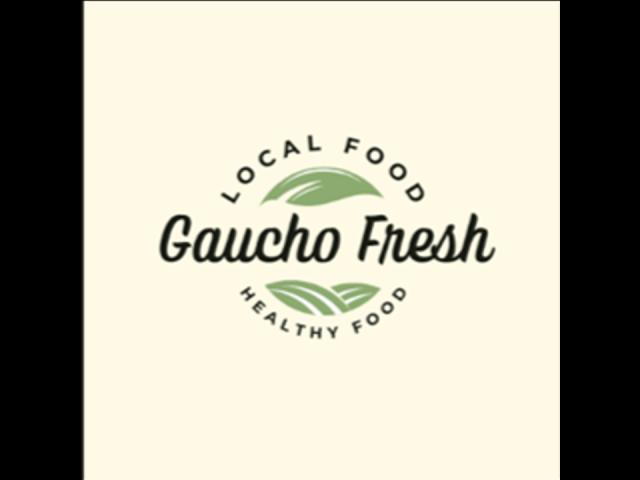
1. GauchoFresh
Mission: To offer a meal subscription service to the residents of Santa Barbara. Partnering with local produce centers and food waste composting businesses, we provide healthy, balanced meals at a low cost while educating customers about what goes into their meals and how to maintain a healthy diet.
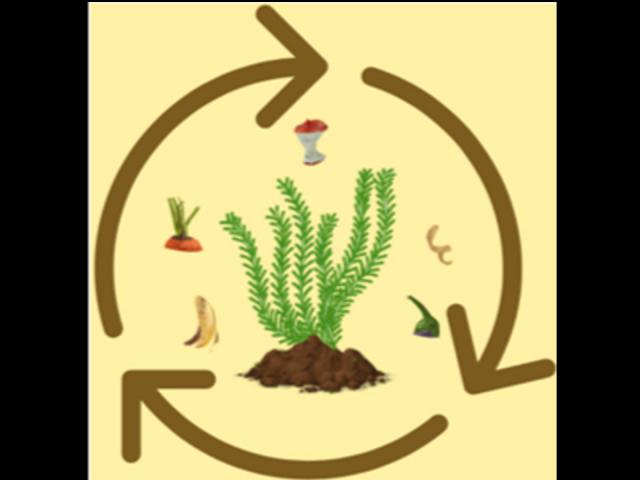
2. Salty Scraps
Mission: Salty Scraps is solving the composting overflow issue at the Isla Vista Compost Collective by managing their compost piles. We are committed to making an affordable marine compost that will enhance soil, benefit local gardeners, and improve food security. In turn, we will also help sustain IVCC financially through a closed-loop model so it can continue to serve the community for years to come.
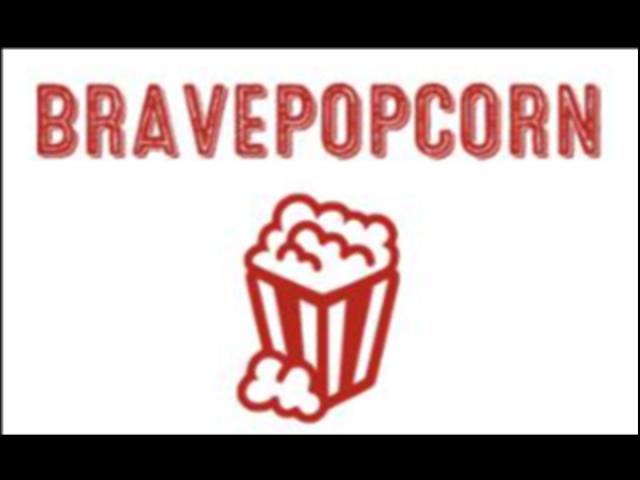
3. BravePopcorn
Mission: As a nonprofit, it is our number one priority to educate the masses through an easy, sustainable and free way of improving food literacy in the United States. With the understanding of the environmental, social and economic impact of food choices, BravePopcorn seeks to make a positive daily impact at local food banks through the use of culturally appropriate, inclusive and healthy recipes based on the available food and produce from each individual local food bank. We anticipate that our contribution will make a positive daily impact and teach the locals how to appreciate every meal. Ultimately we can become more food literate by reducing waste, teaching cuisine, supporting local food banks, and reconnecting with the farmers who keep us fed.
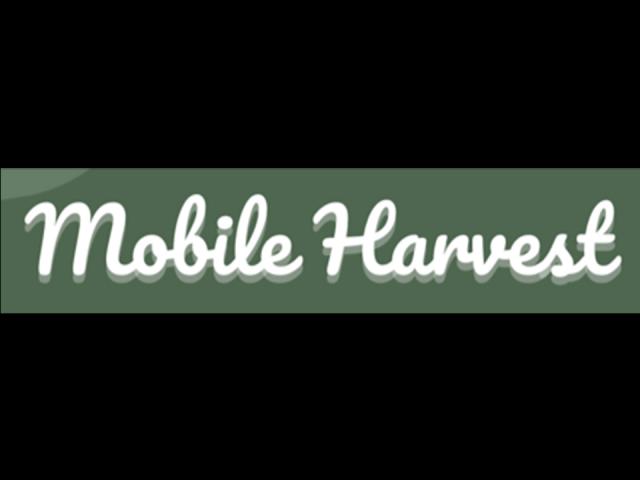
4. Mobile Harvest
Mission: Santa Barbara and Goleta have many residents that are low income, or have limited access to groceries due to distance. Our aim is to address the price and distance problems with groceries by providing free, nutritious food to their doorsteps with our mobile food bank. This food bank provides specifically fresh produce grown and harvested by local Santa Barbara farms.
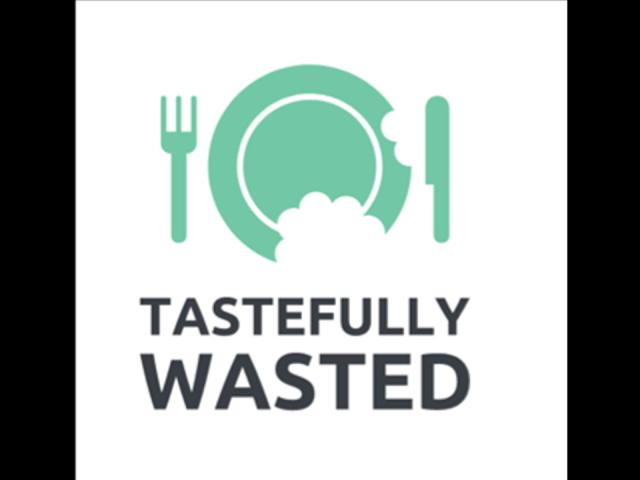
5. Tastefully Wasted
Mission: We created our social enterprise, Tastefully Wasted, in order to solve the issue of food expiration dates on fruits. Typically, expiration dates cause customers to throw away their fruits because they think that they are no longer usable. However, we believe that fruits can still be good long after the expiration date, so our social enterprise aims to aid in the reduction of fruit waste. Tastefully Wasted addresses the problem of fruit waste by creating a sticker containing a QR code that customers can scan. The QR code directs the customer to our website. The website has multiple resources such as easy to follow steps on how to properly store the fruit after purchasing, more realistic expiration dates beyond the store's suggestion, and recipes that they can use to repurpose their leftover fruit into a healthy meal.